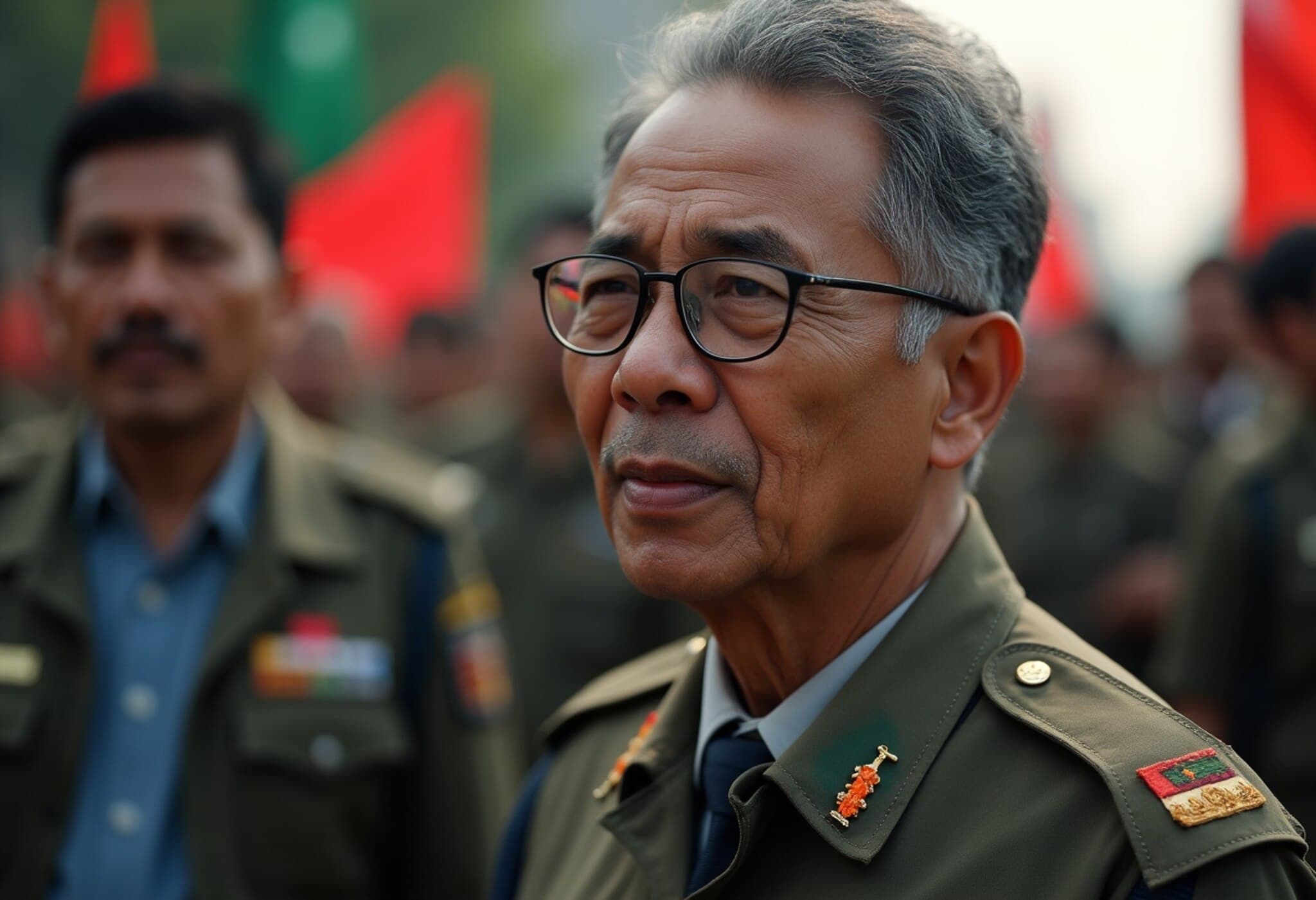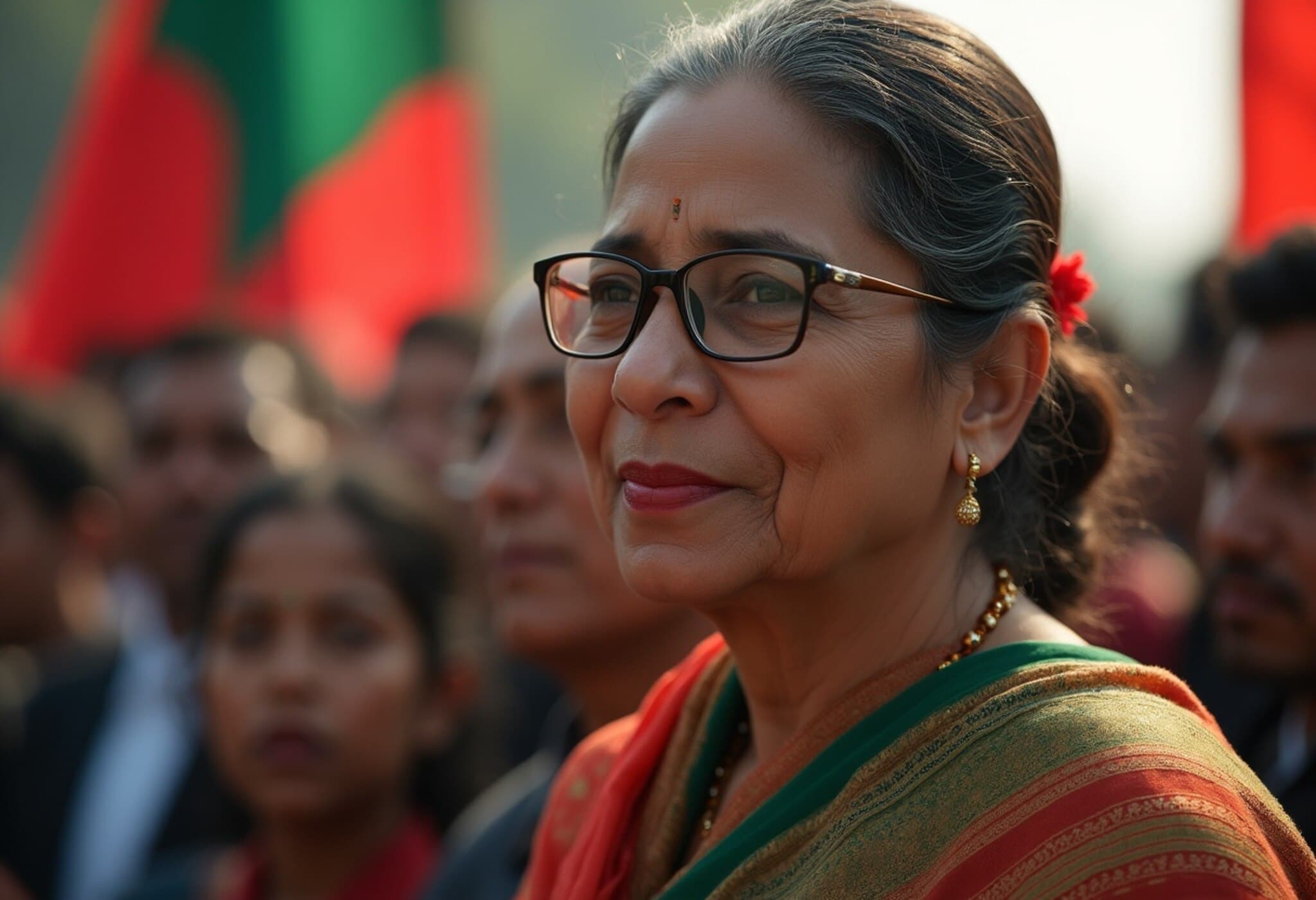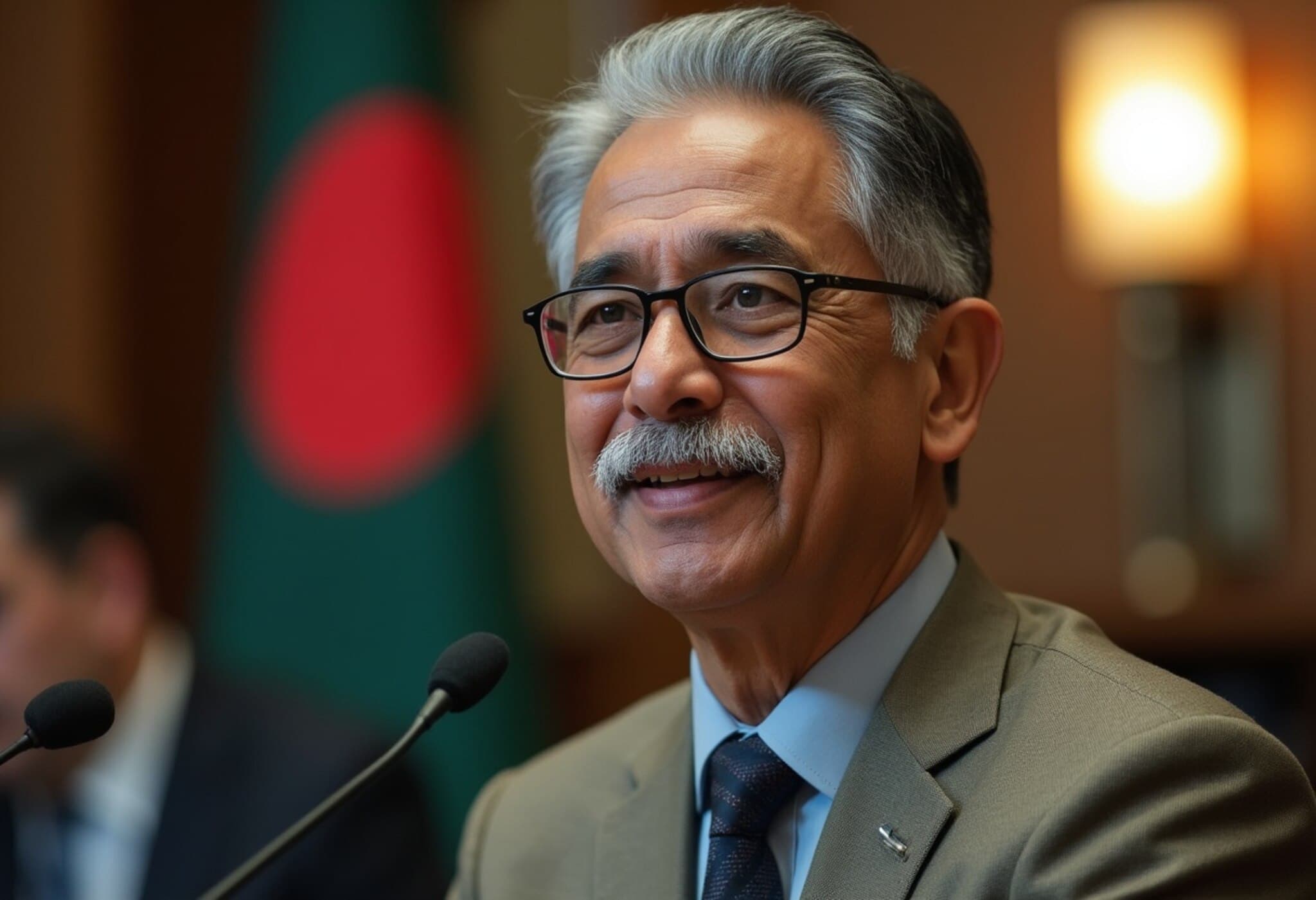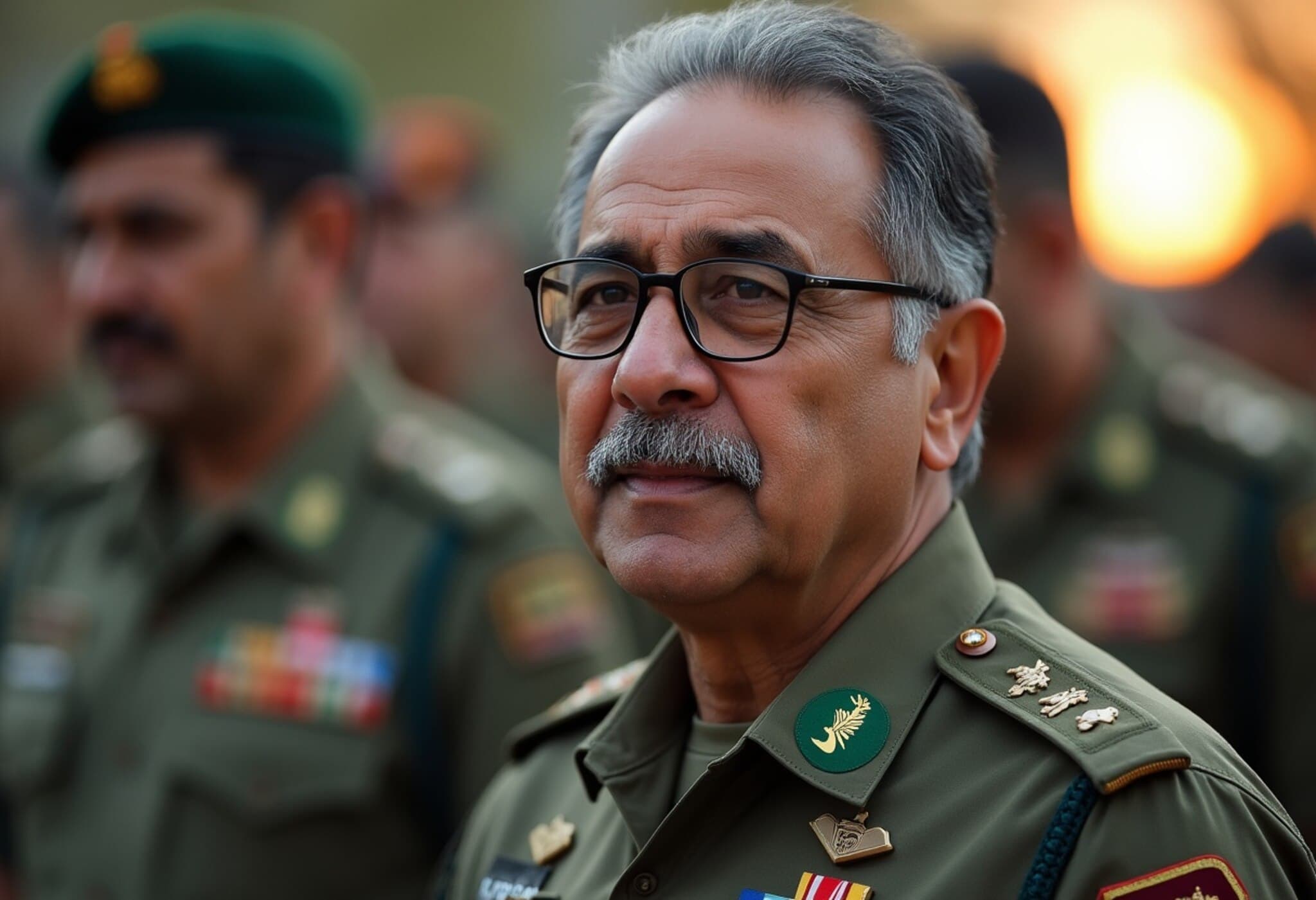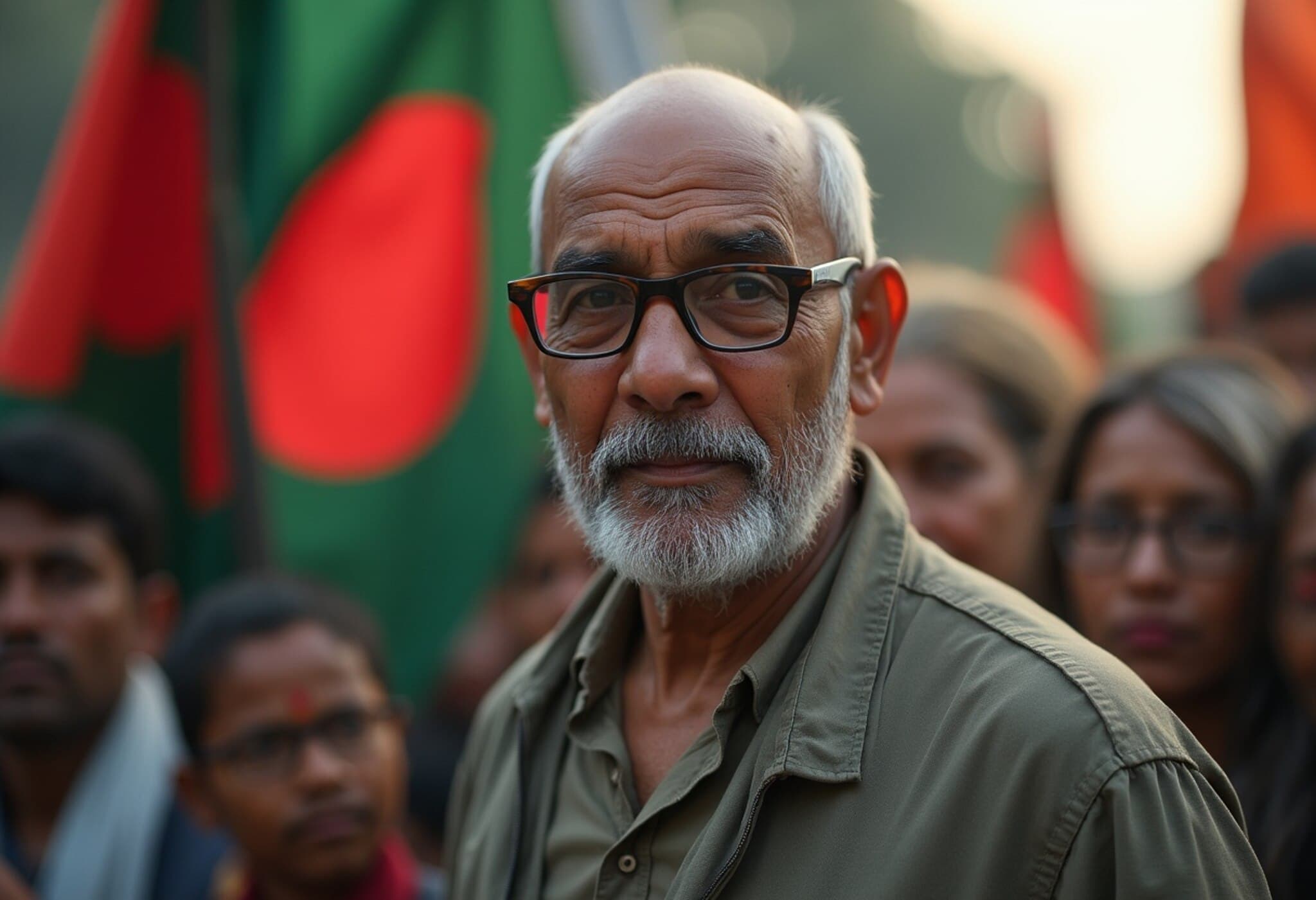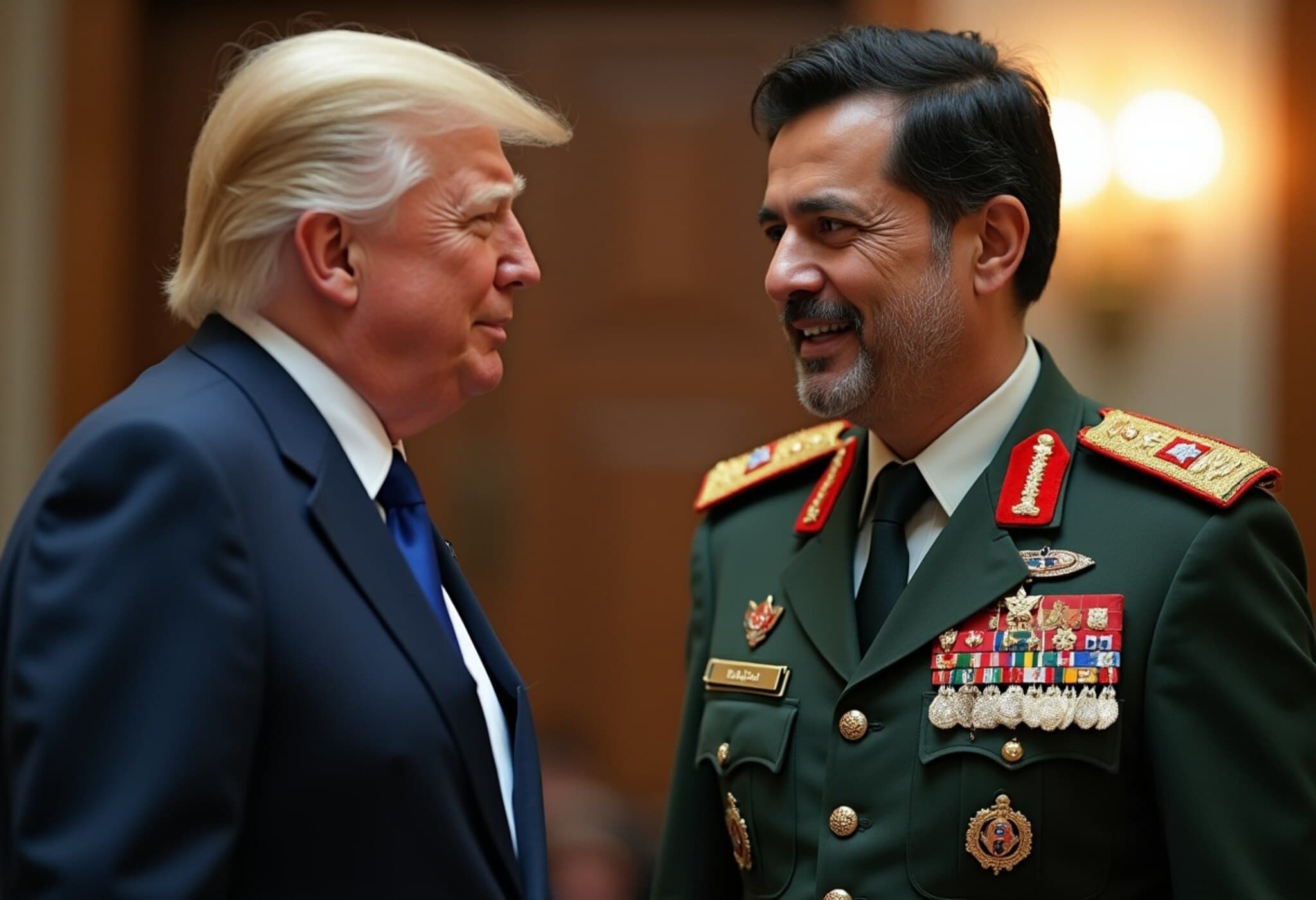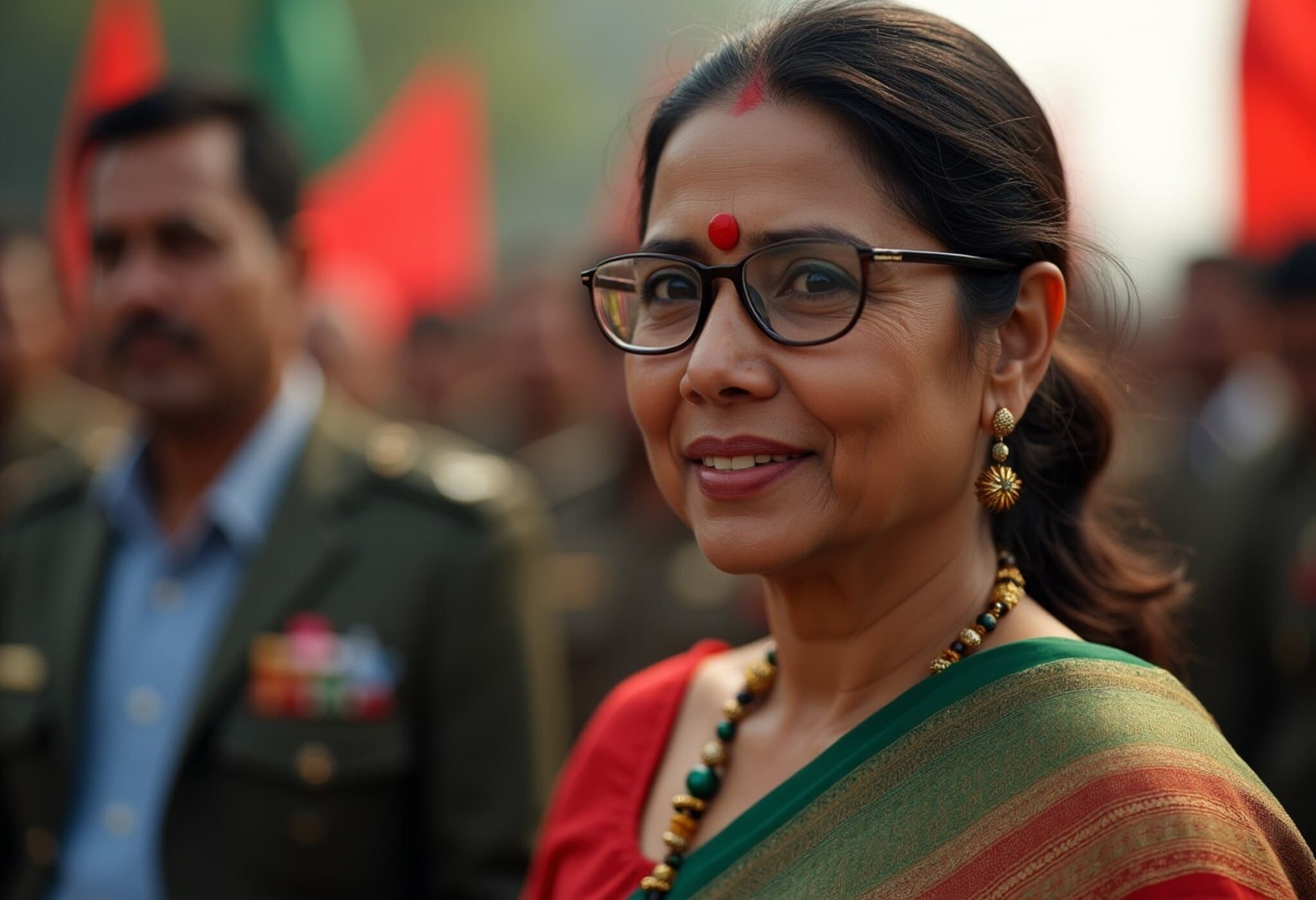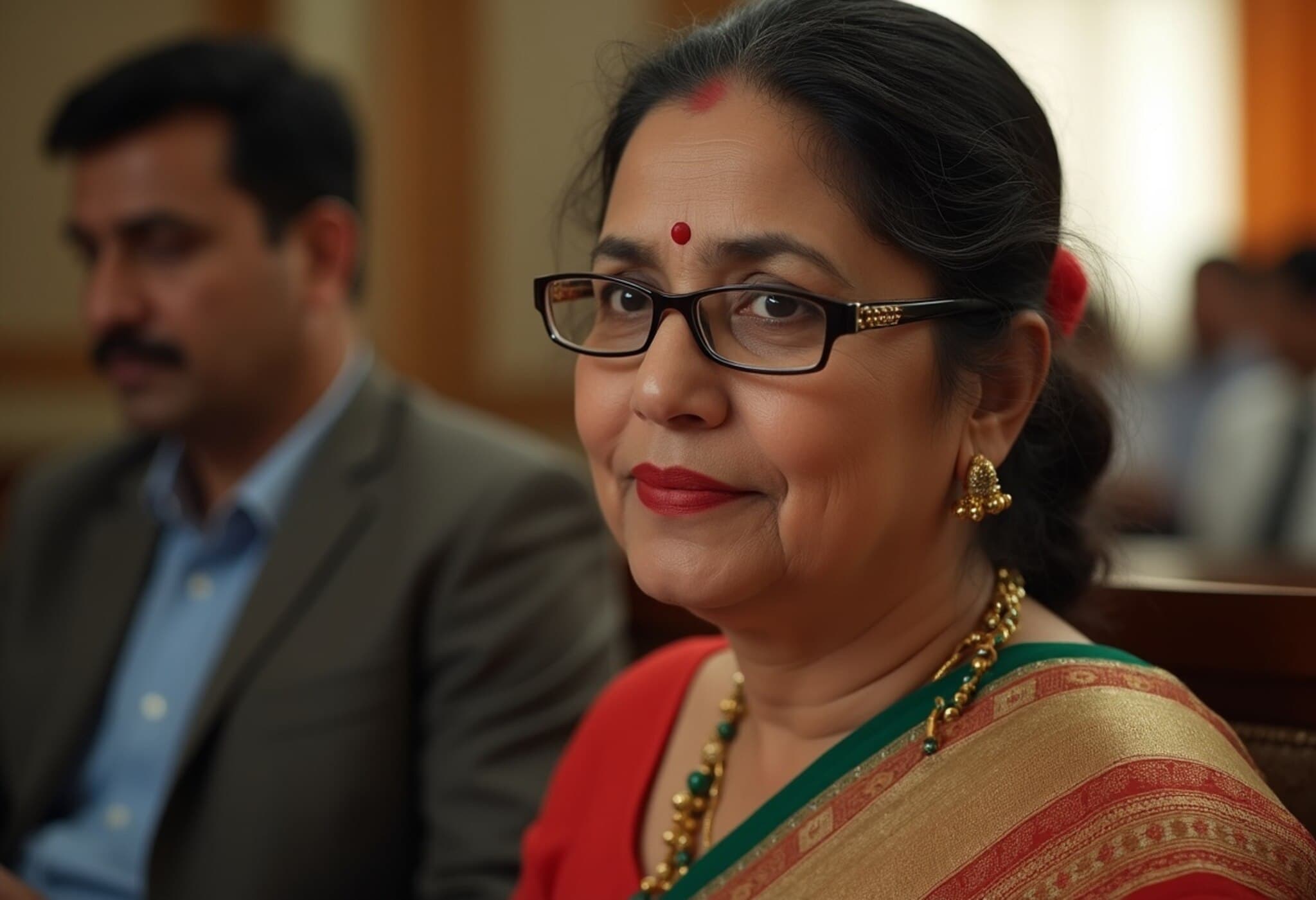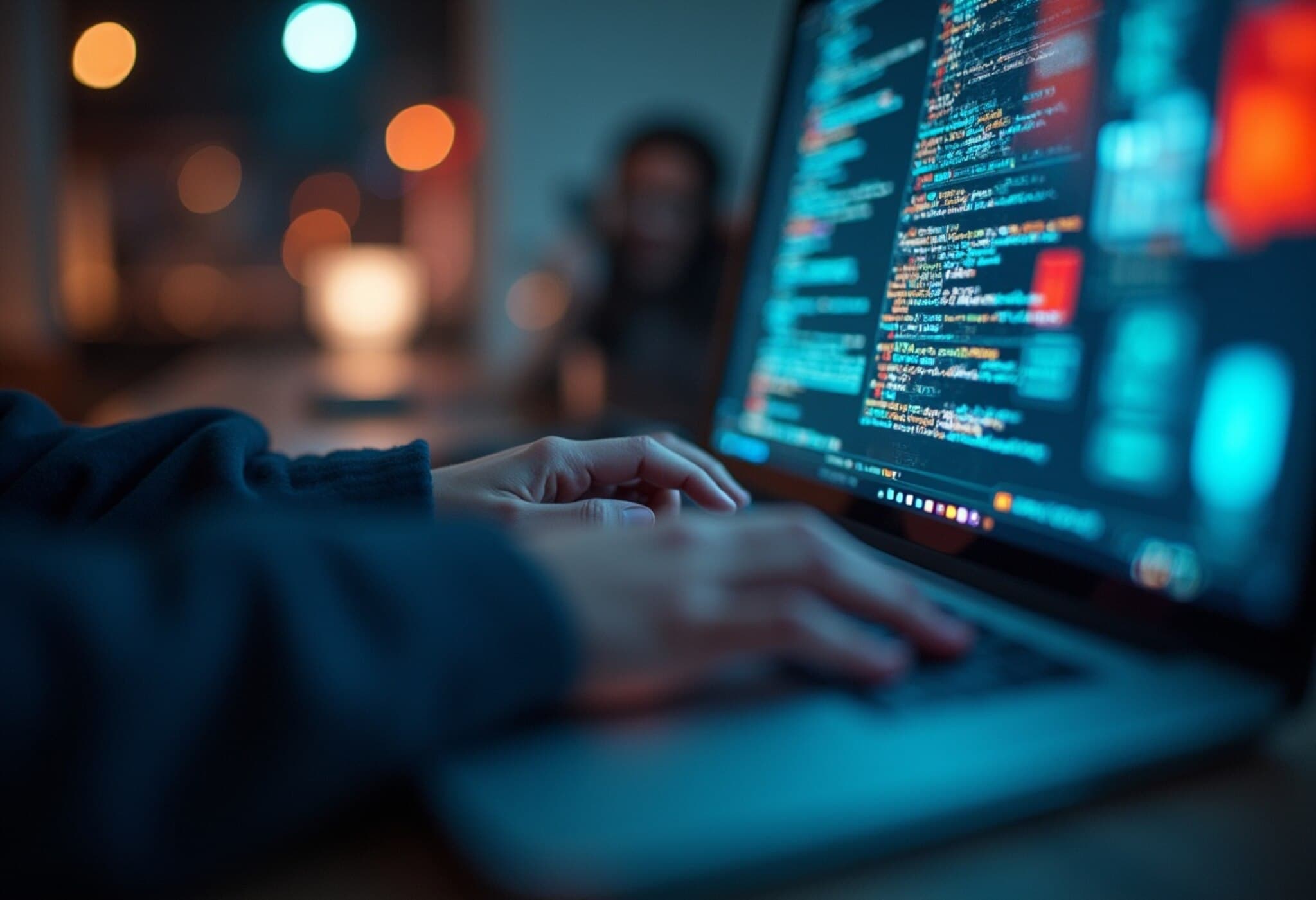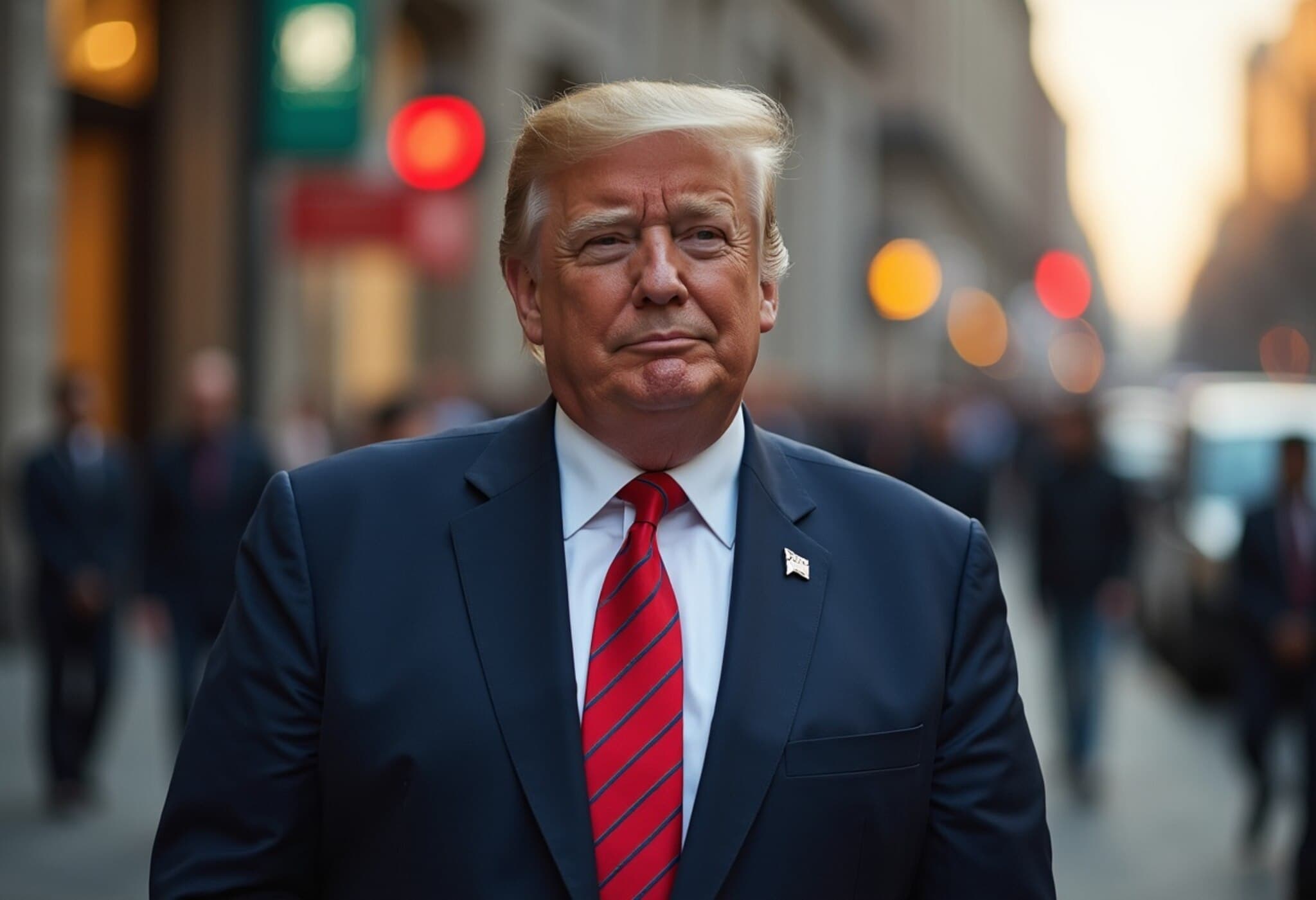Bangladesh’s Turmoil Under Muhammad Yunus: A Year Marked by Mob Violence and Political Chaos
In the year following the dramatic ouster of former Prime Minister Sheikh Hasina, Bangladesh has witnessed a disturbing surge in lawlessness and mob violence. Under the interim leadership of Muhammad Yunus, an unelected figurehead endorsed by military and Islamist groups, the country appears to be spiraling into a state where mob justice has overtaken the rule of law.
Unprecedented Rise in Lynching Deaths
According to data compiled by the Canada-based Global Centre for Democratic Governance (GCDG) and reported by The Economic Times, there have been at least 637 lynching deaths within the last 12 months in Bangladesh, a staggering increase from just 51 cases recorded in 2023 during Hasina’s administration. Disturbingly, these violent acts have not spared even police personnel—41 officers have been lynched amid the turmoil.
Mistreatment of Minorities and Political Opponents
This wave of violence has predominantly targeted supporters of Sheikh Hasina’s Bangladesh Awami League (BAL), especially members of Hindu and Ahmadiya Muslim communities. Human rights organizations point out that about 70% of lynching victims are affiliated with Hasina’s party.
Amidst the chaos, extremist groups—many with alleged backing from Pakistan—have launched retributive campaigns, torching homes, vandalizing temples, and physically attacking minority communities. These groups accuse minorities and political activists of conspiring with the deposed Hasina regime, fueling sectarian and political strife.
Governance Without Mandate: The Perils of an Unelected Interim Regime
The current administration, led by Muhammad Yunus, has operated without a clear democratic mandate, failing to announce an election date even after a full year in power. Despite professed commitment to restoring democracy, this transitional government has banned the BAL and initiated efforts to erase Sheikh Mujibur Rahman—Bangladesh’s founding father and leader of the Awami League—from public discourse.
Experts and regional policy analysts warn that this democratic backsliding threatens Bangladesh’s stability at a time when global attention is focused on South Asia’s strategic dynamics. Bangladesh’s turmoil exemplifies the dangers of military-endorsed transitional governments without electoral legitimacy and the vulnerabilities minorities face during political upheavals.
What Lies Ahead for Bangladesh?
- Need for Immediate Restoration of Rule of Law: The government must prioritize curbing mob justice and establishing accountability mechanisms to protect citizens.
- Protection of Minorities: Ensuring the safety and rights of religious and ethnic minorities is essential to prevent further sectarian violence.
- Road to Democratic Elections: An urgent timeline for credible, inclusive national elections is necessary to restore public trust and legitimacy.
- International Engagement: Regional powers and international bodies must support peaceful democratic transition while avoiding exacerbation of sectarian divisions.
As Bangladesh grapples with this fragile moment, the path forward depends on inclusive governance, the rule of law, and the protection of vulnerable communities to prevent further unrest and destabilization.
Editor’s Note
The dramatic increase in lynching deaths and rising sectarian violence under an unelected interim government in Bangladesh demands urgent attention. This troubling chapter highlights the precarious balance between security and democracy in South Asia. Readers should consider: How can transitional governments maintain legitimacy without elections? What roles should global actors play in protecting human rights and minority communities amid political upheaval? Bangladesh’s crisis serves as a sobering case study in the costs of democratic erosion and the human toll of mob rule.


